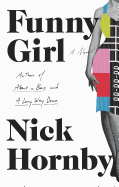 |
| photo: Elizabeth Rendfleisch |
Mark Wisniewski's fiction has won a Pushcart Prize and appeared in Best American Short Stories. His new novel is Watch Me Go (Putnam, January 22, 2015). He lives with his wife on a lake in upstate New York.
On your nightstand now:
Anthony Doerr's All the Light We Cannot See. I'm always curious about the finalists in fiction for the National Book Award. So far am intrigued by Tony's handling of point of view. As I imagine most readers would agree, he sure can lay down a line.
Favorite book when you were a child:
Roald Dahl's James and the Giant Peach. Food wasn't exactly plentiful in the fridge when I was a kid, so thoughts of a peach of that size would make my mouth water as I read, as I'd then try to fall asleep, and then in my dreams.
Your top five authors:
Flannery O'Connor, Raymond Carver, Toni Morrison, Ben Fountain, F. Scott Fitzgerald. To be both a great storyteller and an extraordinary stylist is all but impossible. I adore these people.
Book you've faked reading:
Tolstoy's War and Peace. Here's a direct quote from inside my mind: "Seriously? You want me to read this?"
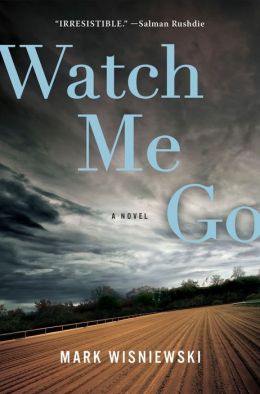 Book you're an evangelist for:
Book you're an evangelist for:
Billy Lynn's Long Halftime Walk by Ben Fountain, my nomination for Best Novel of This Century So Far. Bold, loaded with story, extremely well-written yet eminently readable, unafraid of literary trends when it came out, produced by an author who was, as I understand, under pressure from the publishing industry to outdo himself (which set an extremely high standard). My admiration of this book has no end.
Book you've bought for the cover:
Writing with Power by Peter Elbow. Best book ever about how to tailor your writing process so it'll result in something someone will want to read.
Book that changed your life:
Writing with Power by Peter Elbow. The three words in that title and Seinfeld's jokes about how it helps to produce "interesting writing" are popular mantras around here.
Favorite line from a book:
"Isn't it pretty to think so?" Complain all you want about Hemingway, the guy ended The Sun Also Rises perfectly.
Which character you most relate to:
Nick Carraway, F. Scott Fitzgerald's The Great Gatsby. I fear sounding like a cliché with that answer, but it's the most truthful I have.
Book you most want to read again for the first time:
Richard Brautigan's Trout Fishing in America. The quirkiness and specificity and heart in this book caused me to fall in love with writing and being a writer. What a longstanding delight.
Deceased author with whom you've corresponded:
David Foster Wallace. Thought I understood him and that he was as enviable as a writer could be. Never again will I assume anything about anyone's success.
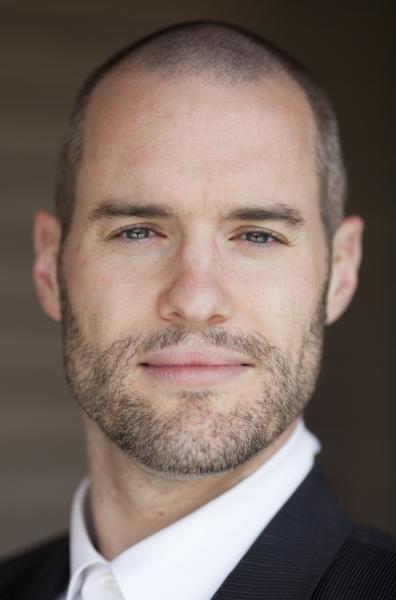 "Do I shop at bookstores when I travel?! You should have seen my wife's epic eye roll at that question. Anytime I'm traveling, the first thing I do is check online to see where the local bookstores are. And there are a ton of great ones in the Pacific Northwest. Elliott Bay in Seattle, Powell's in Portland (of course), A Book for All Seasons in Leavenworth, Auntie's in Spokane, Trail's End in Winthrop. All those places have gotten a good chunk of my time (and money) any time I've been anywhere near them. And I hope with this book coming out I'll get the chance to discover lots more great bookstores and booksellers in all sorts of new places, too."
"Do I shop at bookstores when I travel?! You should have seen my wife's epic eye roll at that question. Anytime I'm traveling, the first thing I do is check online to see where the local bookstores are. And there are a ton of great ones in the Pacific Northwest. Elliott Bay in Seattle, Powell's in Portland (of course), A Book for All Seasons in Leavenworth, Auntie's in Spokane, Trail's End in Winthrop. All those places have gotten a good chunk of my time (and money) any time I've been anywhere near them. And I hope with this book coming out I'll get the chance to discover lots more great bookstores and booksellers in all sorts of new places, too."










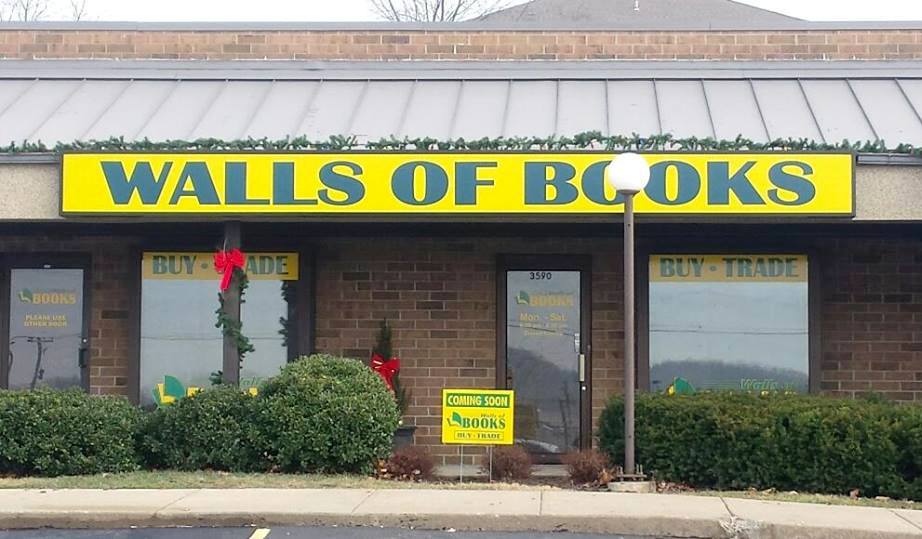
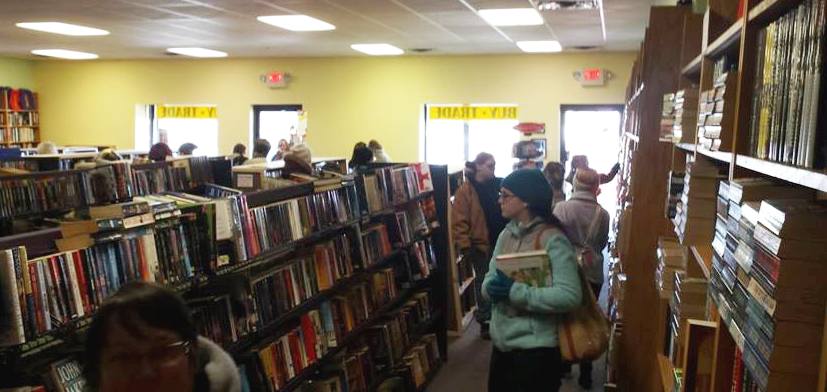

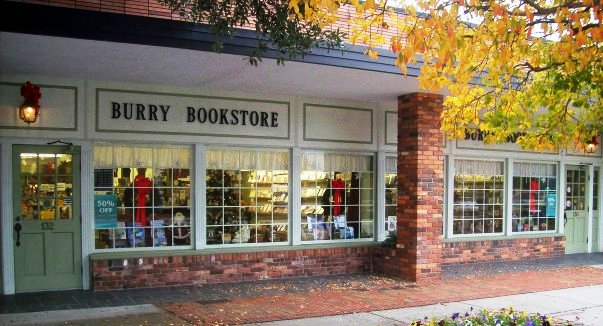 Emily Burry Phillips, owner of
Emily Burry Phillips, owner of 
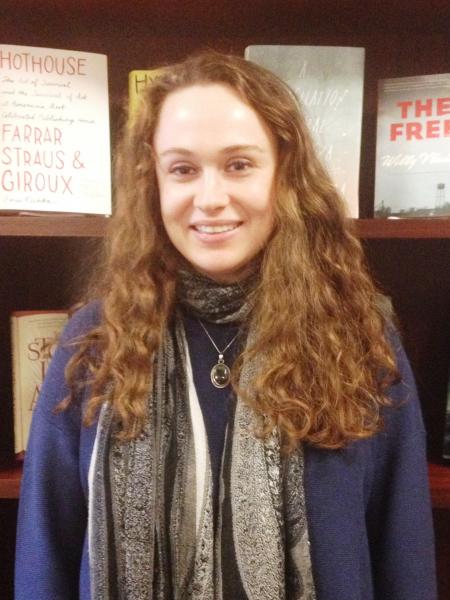 Liz Button joins ABA's content team as a writer/researcher for Bookselling This Week, and will also play a role in developing educational content in support of the Winter Institute, Children's Institute, BookExpo America and other events. She can be contacted at 800-637-0037, ext. 7520, or
Liz Button joins ABA's content team as a writer/researcher for Bookselling This Week, and will also play a role in developing educational content in support of the Winter Institute, Children's Institute, BookExpo America and other events. She can be contacted at 800-637-0037, ext. 7520, or 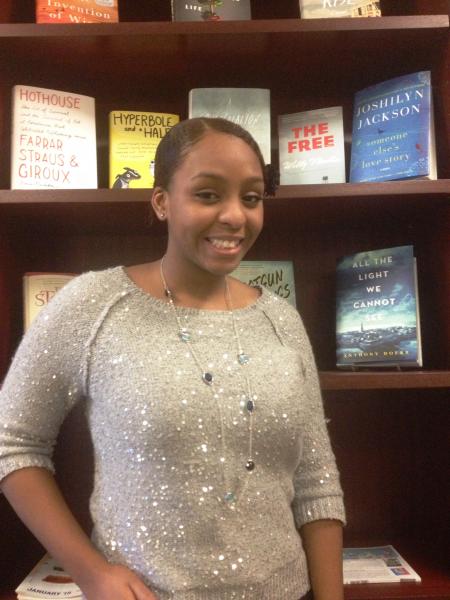 Naya Moss is the newest member of the organization's technology team, offering general technological assistance to the ABA's staff and playing a key role in managing the behind-the-scenes efforts that allow member booksellers to reach ABA by phone and e-mail, as well as access information on BookWeb.org. She can be contacted at 800-637-0037, ext. 7543, or
Naya Moss is the newest member of the organization's technology team, offering general technological assistance to the ABA's staff and playing a key role in managing the behind-the-scenes efforts that allow member booksellers to reach ABA by phone and e-mail, as well as access information on BookWeb.org. She can be contacted at 800-637-0037, ext. 7543, or 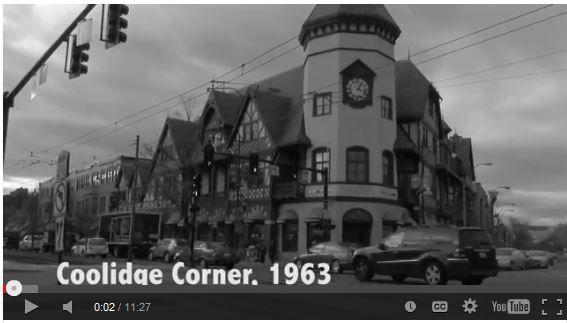
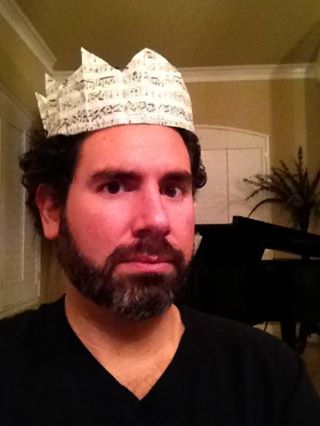 Carlos Alejandro Guajardo-Molina, general manager of the
Carlos Alejandro Guajardo-Molina, general manager of the  Among the casualties of the Penguin reorganization last week was Rick Pascocello, who is leaving his position as v-p, executive marketing director, at Penguin Random House, effective the end of the month. He writes:
Among the casualties of the Penguin reorganization last week was Rick Pascocello, who is leaving his position as v-p, executive marketing director, at Penguin Random House, effective the end of the month. He writes: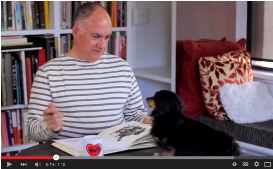 Art Before Breakfast: A Zillion Ways to Be More Creative, No Matter How Busy You Are
Art Before Breakfast: A Zillion Ways to Be More Creative, No Matter How Busy You Are
 Book you're an evangelist for:
Book you're an evangelist for: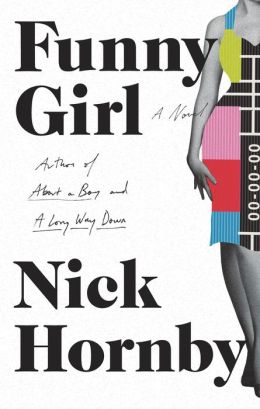 In his novels, including High Fidelity and About a Boy, Nick Hornby has demonstrated a keen talent for warmhearted portrayals of flawed but ultimately sympathetic characters. Funny Girl, the story of a reluctant beauty queen who becomes an unlikely BBC sitcom star in mid-1960s London, shares the same delightful literary DNA.
In his novels, including High Fidelity and About a Boy, Nick Hornby has demonstrated a keen talent for warmhearted portrayals of flawed but ultimately sympathetic characters. Funny Girl, the story of a reluctant beauty queen who becomes an unlikely BBC sitcom star in mid-1960s London, shares the same delightful literary DNA.